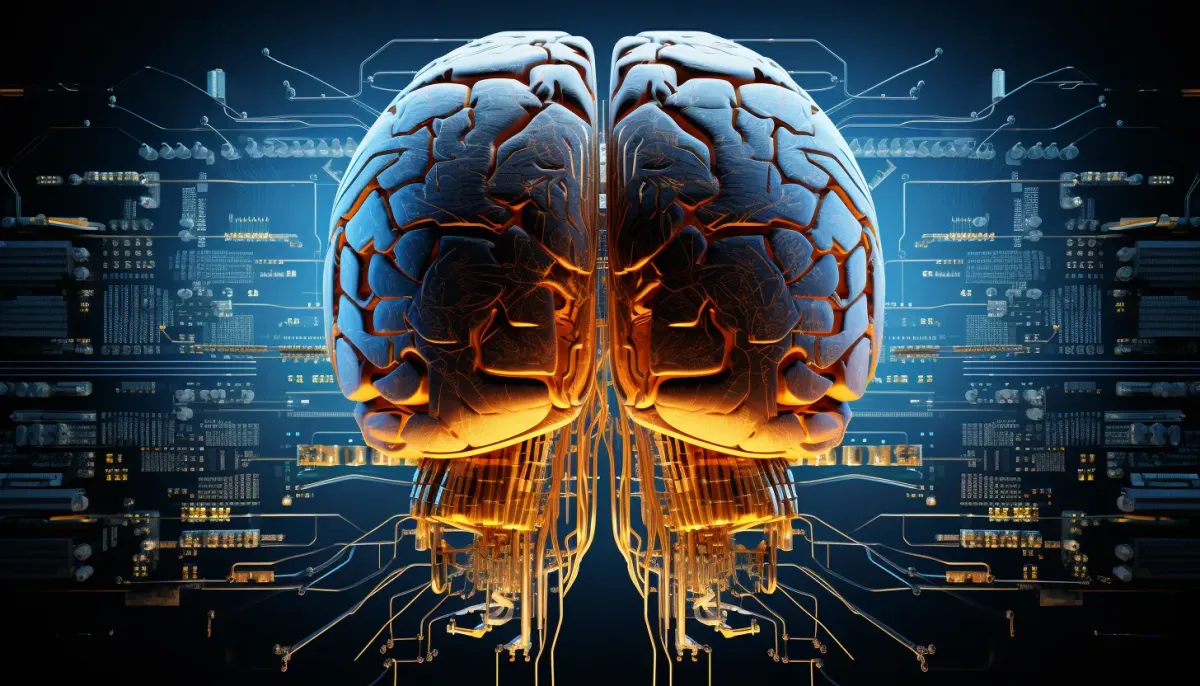Experts Debate Timeline for Achieving Artificial General Intelligence (AGI)

Experts around the world are increasingly focused on the question of when Artificial General Intelligence (AGI)—AI systems capable of human-level reasoning across a wide range of tasks—will become a reality. Leaders in the field, such as Demis Hassabis of Google DeepMind and Dario Amodei of Anthropic, are forecasting major breakthroughs in the near future. Hassabis suggests AGI could emerge within 5 to 10 years, while Amodei sees the potential for it as early as 2026. OpenAI has also hinted that AGI might arrive as soon as 2025, fueled by rapid advancements in model scale and capability.
However, not all experts are in agreement. Geoffrey Hinton, one of the "Godfathers of AI," estimates a broader window of 5 to 20 years, citing both technical hurdles and ethical considerations. Meanwhile, AI pioneer Andrew Ng remains skeptical about near-term AGI, emphasizing that while AI systems are improving, most remain specialized rather than truly general. Ng warns that the hype surrounding AGI could distract from more immediate concerns like safety, misuse, and job displacement, which are already being driven by today's narrow AI tools.
This diversity of opinion reflects the complexity and uncertainty surrounding AGI development. While technical progress is accelerating, fundamental challenges remain—such as grounding AI in common sense, aligning it with human values, and ensuring it behaves safely in unpredictable situations. The growing debate among experts underscores the importance of balancing optimism with caution, and of preparing society for a range of possible futures—whether AGI arrives in a few years or several decades down the line.




